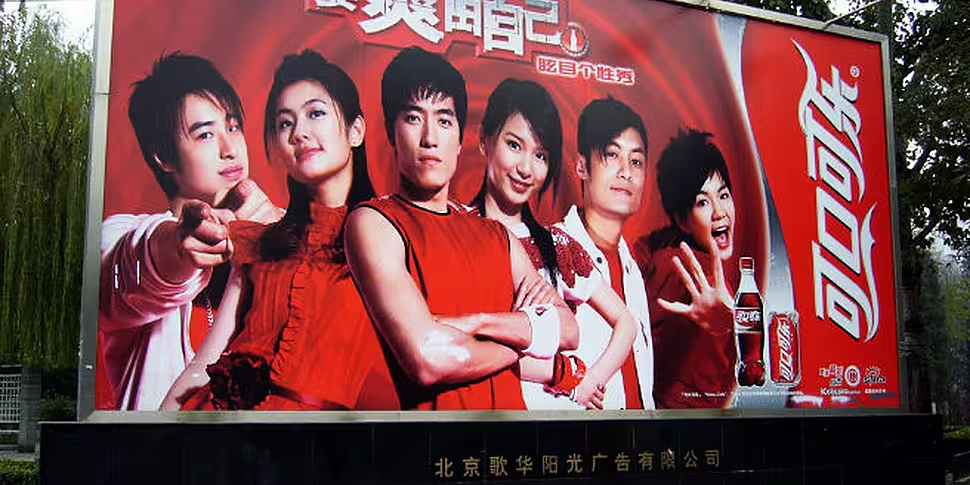China’s media regulators have clamped down on the use of wordplay in adverts and broadcasts, saying they are “contradictory in spirit to the promotion and continuance of excellent, traditional Chinese culture.”
The State Administration of Press, Publication, Radio, Film and Television (SAPPRFT), condemned the use of puns, even in previously sanctioned tourism campaigns.
“They can create misunderstandings for the public, especially for minors,” SAPPRFT said in an official notice posted to its site. “They need to be firmly corrected.”
The agency now demands that programmes and adverts comply strictly with standardised spelling and characters usage, sticking to traditional idiomatic phrases.
“Idioms are one of the great features of the Chinese language and contain profound cultural heritage and historical resources and great aesthetic, ideological and moral values,” the SAPPRFT added.
Puns are not the only part of language coming under scrutiny in China; earlier this year, the main publication of the Communist Party, the People’s Daily newspaper, called for Chinese citizens and media to be mindful of the number of loan words adopted into Mandarin from English.
The paper suggested that the country stops using words like CEO and Wi-Fi, and replace them with newly-coined Mandarin versions.









